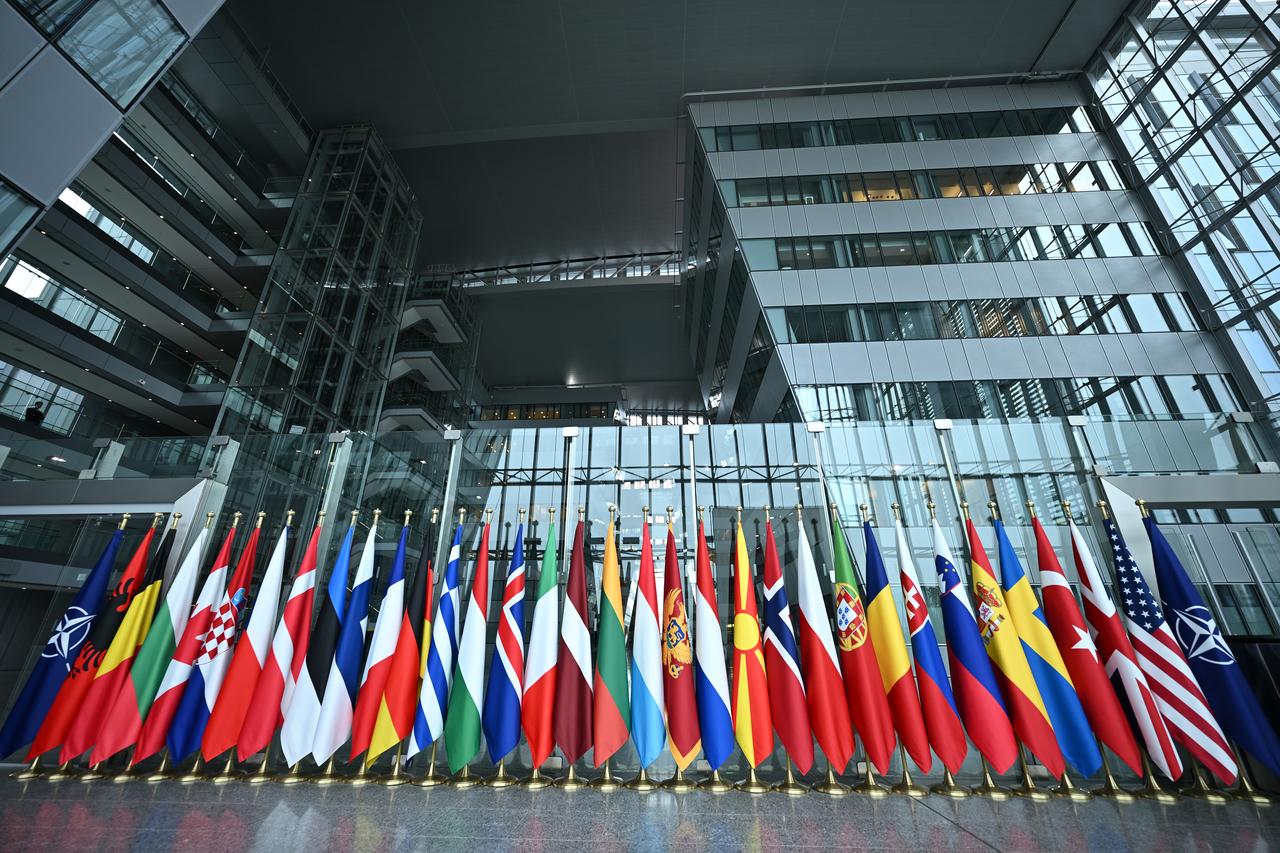
NATO Chief says Russia could attack alliance within five years as Secretary General Mark Rutte warned that Russia is restructuring its military and producing weapons faster than expected, stating leaders are expected to agree to increase military spending to 5% of GDP this month.
Speaking at a discussion organized by British think tank Chatham House in London, Rutte said he expects leaders to agree on a target of allocating 5% of member countries' Gross Domestic Product (GDP) to defense spending at the summit to be held in The Hague, Netherlands on June 24-25.
Stating that they will make NATO more fair and distribute the security burden more evenly, Rutte said, "Every ally must do its part because the US has carried too much of this burden. Europe and Canada will do more, and the US will continue its unwavering commitment to NATO."
Rutte noted that Russia is increasing its military capacity and capabilities by acting together with China, North Korea and Iran, stating: "Russia is restructuring its army with Chinese technology and producing weapons much faster than we expected. In terms of ammunition, Russia produces in 3 months what NATO produces in a year. This year it is expected to produce 1,500 tanks, 3,000 armored vehicles and 200 Iskander missiles. Russia could be ready to use military force against NATO within 5 years. 5 years. Let's not fool ourselves, we are all on the eastern flank now."
"New generation Russian missiles move at multiples of the speed of sound. The distance between European capitals is now measured only in minutes. There is no east or west anymore, there is only NATO," he added.

Rutte drew attention to the fact that history teaches the necessity of preparing for war to preserve peace, saying, "Wishful thinking does not keep us safe. We cannot ignore the danger. Hope is not a strategy."
Noting that the target of spending 5% of GDP on defense spending was not chosen randomly, Rutte pointed to the need to make a leap in defense.
Rutte also noted that the expenditures to be made are necessary not to please one person, but to protect 1 billion people.
Saying that the Ukrainian people deserve a just and lasting peace, Mark Rutte added that NATO's political and practical support to Ukraine will continue not to prolong the war, but so that it can defend itself and prevent future attacks.

"Danger will not disappear even when the war in Ukraine ends," Rutte emphasised, reflecting a belief that the Kremlin will not demilitarise even it agrees to a ceasefire and eventually to peace with Kyiv.
Western military planners believe Russia will seek to retain an active and experienced army of more than 600,000 personnel as well as maintaining defence spending of about 6.5% of the country's GDP, and be able to threaten NATO's eastern flank in less than half a decade.
The remarks provoked an immediate response from Moscow. Dmitry Peskov, the Kremlin spokesperson, said that NATO "is demonstrating itself as an instrument of aggression and confrontation" with the emerging plan.
Russia said the threat was being exaggerated and that ordinary citizens would have to bear the cost. "European taxpayers will spend their money to defuse some threat that they say comes from our country, but it is nothing but an ephemeral threat," Peskov said.